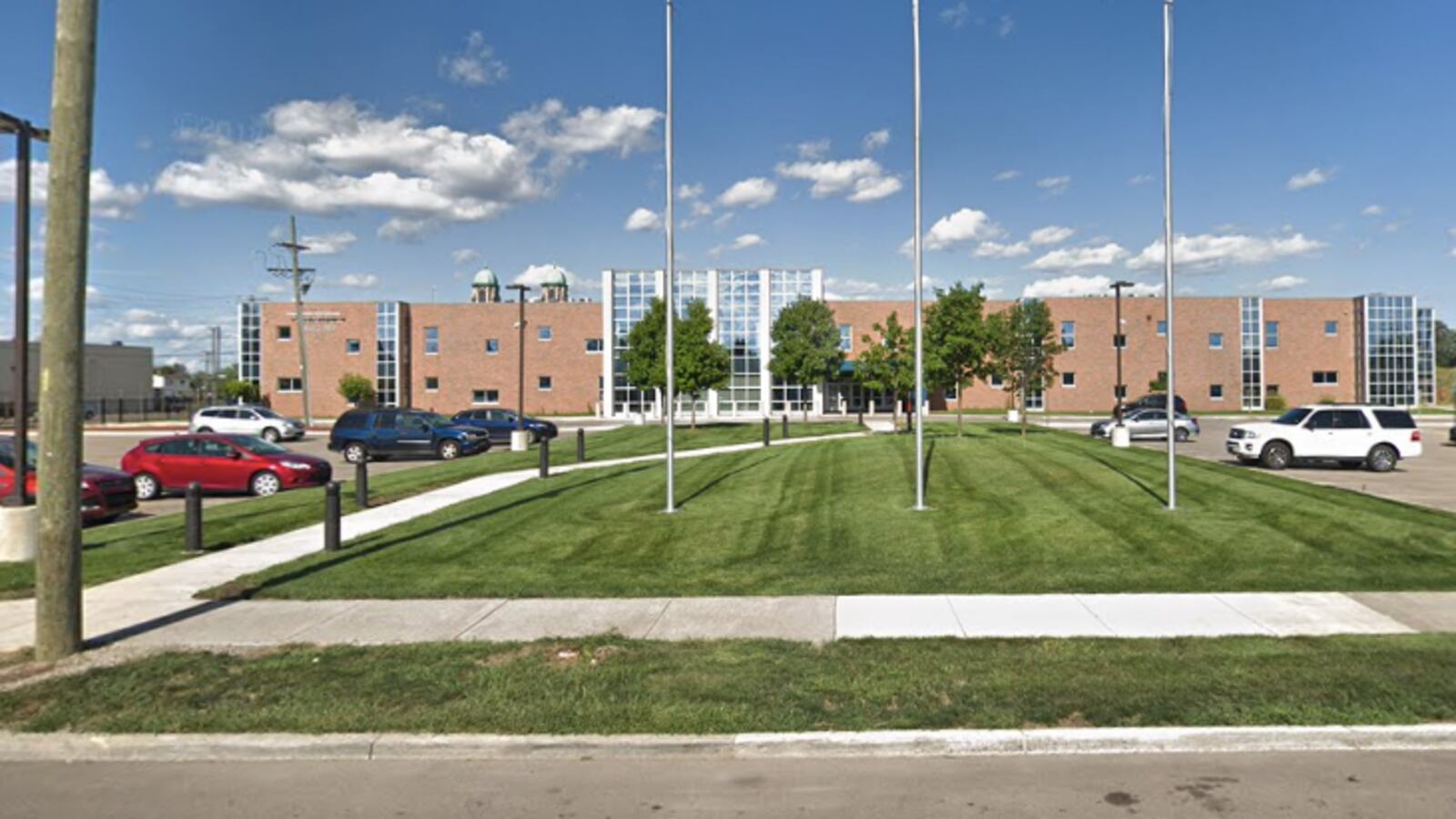The first publicly released plans for distance learning in Michigan make one thing clear: How students experience school closures during the coronavirus crisis will depend a lot on where they live.
One district in Michigan’s Upper Peninsula will send learning packets home to every student. A network of charter schools in Detroit will let parents choose between online learning software, video conferences with teachers, or paper packets.
Under orders from Gov. Gretchen Whitmer, districts statewide are writing plans to help students keep learning during the school closures and submitting them for approval by county education authorities and charter school authorizers. Whitmer gave districts leeway to take a variety of approaches, recognizing that some have more money than others to spend on ensuring students have laptops and internet access. The state’s school funding system is among the least equitable in the U.S., according to one recent report.
The plans are supposed to answer some of the key questions raised by the unprecedented long-term closure of Michigan’s school buildings. Districts have to detail how they plan to support their most vulnerable students during the crisis, including those with special needs and those who lack adequate technology at home.
Across the country, educators are rushing to help students keep learning while buildings are shut down. A growing number of states are canceling classes through the end of the school year, but few teachers are trained to deliver instruction online.
School districts that had more resources before the coronavirus crisis will be able to do more for their students, said Randy Liepa, superintendent of Wayne RESA, the county education agency for the Detroit area.
“We’re going to see school districts using a variety of different methods, from online to hard copy packets, because we recognize that all districts are different with regard to the resources that they have,” he said.
Those differences were evident in the handful of plans posted online by Thursday. Once approved, the plans must be posted on district websites. Michigan has 842 school districts and more than 1.5 million students.
In suburban Howell, every student already had access to a laptop through their schools. Teachers will continue teaching during the closures through Google Classroom, an online portal, on the assumption that most students will have access to the necessary technology.
While the superintendent of the state’s largest district says he is preparing to ramp up online learning, Detroit Public Schools Community District hasn’t yet released its official plan. Districts are expected to begin some form of remote learning by April 28.
Voyageur Public School Academy, a network of charter schools in Detroit, gives families a choice: Their students can use the online learning software Khan Academy, work on paper packets, or have weekly video conferences with teachers where students will be assigned projects.
In any case, the plan calls for teachers to contact their students individually at least once a week, and to record weekly video messages for their classes.
The charter school network plans to spend $41,000 on 120 new laptops, which will be distributed to students who don’t already have them at home.
Paper packets are the only option for students in Carney-Nadeau Public Schools, a tiny district at the western edge of Michigan’s upper peninsula that was among the first in the state to post its online learning plan.
“While upwards of 85% of our students have access to the internet and electronic learning devices in their homes, we have decided to go with hard copy packets as a means to ensure that every single one of our students is provided with equal access to our instructional materials,” the document says. Officials noted that students will be able to check out laptops from the district if they feel the technology would help them learn at home.
Click here to see examples from the handful of distance learning plans that have been published so far by Michigan school districts.


